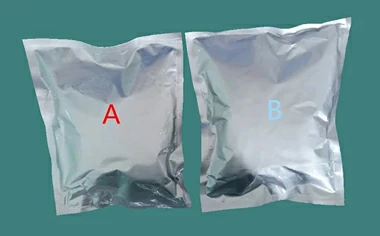Sodium chlorite is not directly used as a food additive. However, it is used in food processing as a sanitizing agent in the form of acidified sodium chlorite (ASC).
ASC is a solution of sodium chlorite that has been acidified, typically with citric acid or phosphoric acid. This acidification process generates chlorine dioxide, a potent disinfectant with strong oxidizing properties that is effective against a wide range of microorganisms, including bacteria, viruses, and fungi. These can spoil food or cause foodborne illnesses. NaClO2 can be effective in extending the shelf life of certain food products by preventing microbial growth.

Uses of Sodium Chlorite in Food Industry
Sanitizing and Disinfecting: Sodium chlorite is used as a component in sanitizing agents for surface treatment in food processing environments. It is effective in reducing microbial contamination on equipment, utensils, and surfaces that come into contact with food.
Water Treatment: In some instances, NaClO2 is used for water disinfection in food processing plants to ensure that the water used in food production is free of harmful microorganisms.
Food Washing: Solutions containing NaClO2 are used to wash fruits, vegetables, and seafood. It helps in reducing the presence of bacteria and viruses on the surfaces of these foods, thus enhancing their safety without affecting their nutritional quality.
Notes
Concentration Limits: Ensuring that sodium chlorite residues on food products remain within safe limits is crucial. The concentration and conditions under which NaClO2 can be used are strictly regulated to ensure that any residues remaining on food are at safe levels.
Handling Precautions: NaClO2 is a potent oxidizer and needs to be handled with care to avoid reactions that could release chlorine dioxide, a potent irritant and toxic gas. Proper safety measures, including protective equipment and adequate ventilation, are essential when handling NaClO2.
In summary, sodium chlorite is utilized in the food industry primarily as a sanitizing and antimicrobial agent to improve food safety. Its use is regulated to ensure that it does not pose health risks to consumers. Proper application and adherence to regulatory guidelines are essential to harness the benefits of sodium chlorite in food processing while maintaining safety standards.



